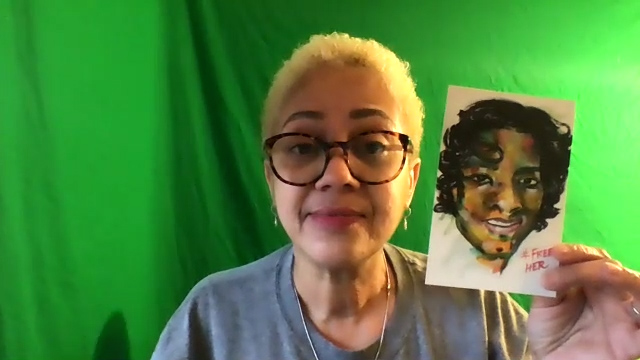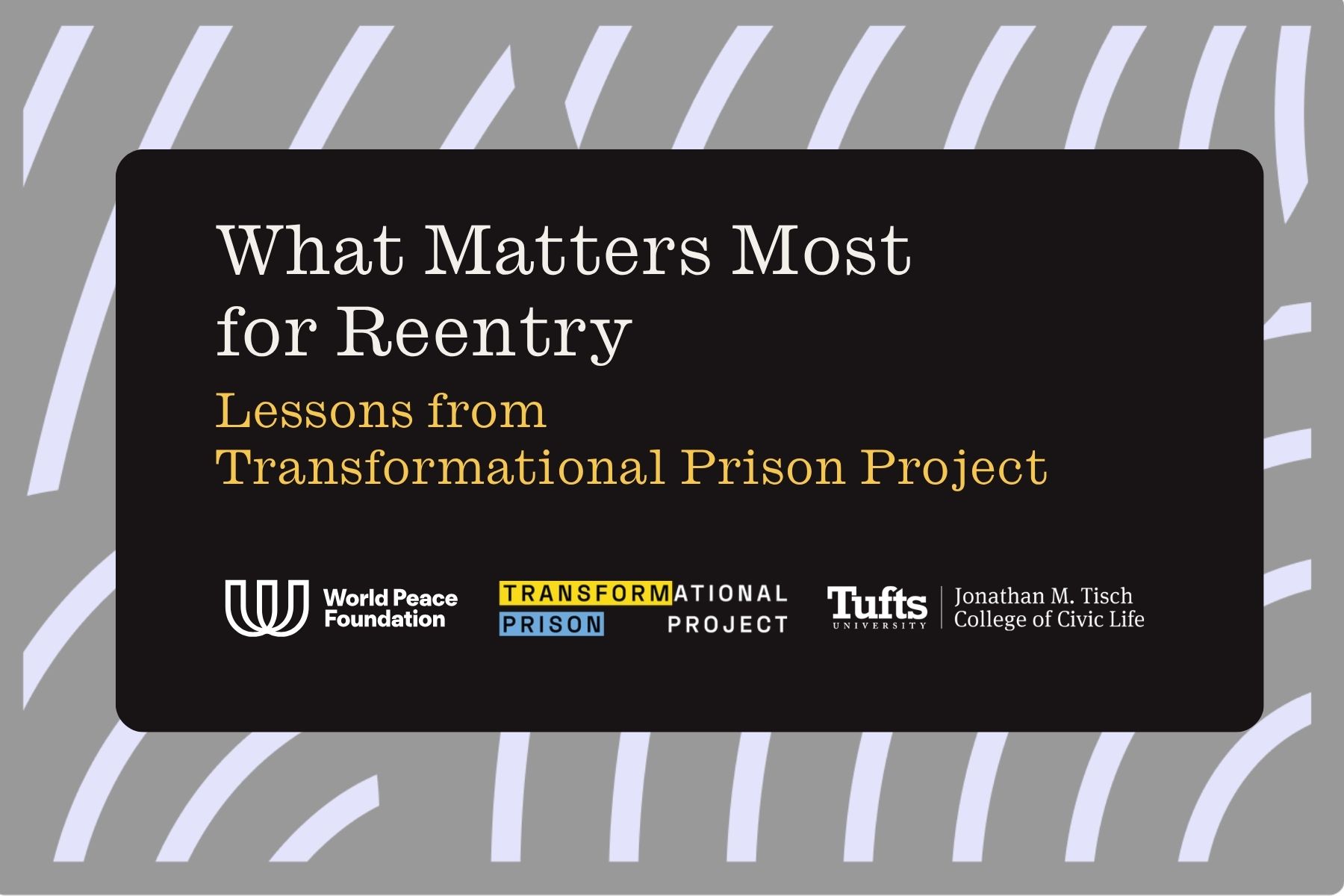In this interview, Stacey Borden, M.Ed., LADC l, discusses her path from incarceration to community leader and how she now works to help incarcerated women change their lives. She is the Founder and President of New Beginnings, Re-entry Services. She has a Master’s Degree in Mental Health Counseling with a Concentration in Addictions and Trauma. She is an author, performance artist, motivational speaker, and activist.
Borden is currently a Board member with OWLL (On With Living and Learning) Productions, a non-profit organization. OWLL works with formerly incarcerated women in dynamic workshops that that deploy storytelling methods to work through challenging pasts, creating art that is healing for the individual, while building self-esteem and developing skills that will enable successful reentry to society.
She is a Board Member with Families for Justice as Healing, an organization by and for incarcerated and formerly incarcerated women and girls and women with loved ones who are locked up. And she is a member of The National Council for Incarcerated and Formerly Incarcerated Women and Girls and The Association for Addiction Professionals.
Her story and her professional insights echo findings by researchers across the United States about women’s experiences in prisons–and add new impetus to efforts to mitigate the impacts of COVID-19 which is raging inside the country’s prisons, both male and female. Learn more about our research on this topic through our occasional paper, “Forgotten Victims?: Women and COVID-19 Behind Bars.”
In Part One of this interview, Borden explains her journey from being incarcerated to becoming a community leader. She argues that gaining self-understanding by processing her own trauma was key to transforming her life–and to her the decision to dedicate herself to helping others. For Borden, the process began while she was incarcerated at MCI-Framingham (Massachusetts’ only prison for women, it also holds some women pre-trial), and through interactions with other incarcerated women. As Borden explains, for many women in prison, there is an experience of trauma and victimization that precedes a criminal act. For someone to become truly accountable for the acts of violence they may have committed, they have to grapple with their own trauma.
In Part Two, Borden addresses what she has heard from her regular communications with women who remain incarcerated in MCI-Framingham. The prison was severely impacted by COVID in April. By October 2020, over 50% of the women tested positive.
In Part Three, Borden describes the advocacy campaigns that she is working on now: to create a new re-entry house — Kimya’s House and a clemency campaign for a group of incarcerated women in Massachusetts who are aging, sick, survivors of sexual violence, and who have served decades of time already.



